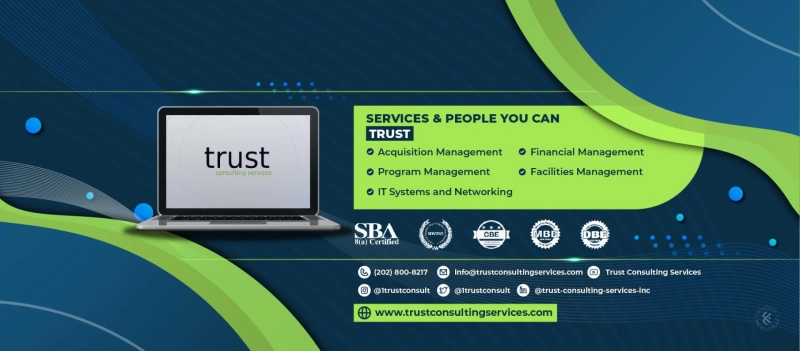In today’s digital age, it’s easy to overshare personal and professional details online or in public settings. At times, you might realize you’ve said a little too much, but many people are well-intentioned souls who simply don’t realize they’re giving away personal details that could harm them, their families, their employers, their businesses, or their careers.
These “business taboo” topics are often related to security issues that could put you or your employer at risk, but what are you to do? Can you talk at all anymore? Yes, you can be yourself, but you want to take a few security steps just to be sure you’re safe.
Don’t Talk About Access Control Procedures
Access control is a critical part of security protocols in any facility. Disclosing information about how access control works at your workplace could make it easier for hackers or intruders to bypass security measures and gain unauthorized access to the facility.
According to a study by IBM, 95% of security breaches are caused by human error, such as weak passwords or sharing login credentials. At times, these breaches may occur because someone picked up on how to enter your facility based on something you said. While no one wants to think like this, you never know who’s listening.
Sensitive Information
Sensitive information, such as trade secrets, financial data, and personal identifiable information, should never be discussed in public. This information is highly valuable and can be used by malicious actors for identity theft, fraud, or other nefarious activities. You would be surprised by how many people could profit from little bits of information they get from you, no matter how inadvertently they come across that info.
According to a survey by the Ponemon Institute, the average cost of a data breach in the United States is $8.19 million. Yes, your insurance can cover these breaches, but it can be difficult to recover your reputation, and many businesses find it difficult to purchase coverage after a massive breach. Moreover, you essentially undo the security protocols that were implemented because you weren’t thoughtful about what you shared and where.
Emergency Protocols
Disclosing information about emergency protocols, such as evacuation procedures or emergency exits, could put employees at risk during a crisis. Social engineers or hackers could use this information to plan an attack or exploit vulnerabilities in the emergency response plan.
According to the FBI, there were 30 active shooter incidents in the United States in 2020 alone. Again, no one wants to consider this, but a violent assailant can do even more damage if they know the emergency procedures for a business or location.
Personal Information
Personal information, such as employee schedules, vacation plans, or social media posts, should never be discussed in public. This concept is no different than posting a little too much about where you are on social media.
For example, you post online that you’re not feeling well. A social engineer hoping to hack your company’s computer systems comes to the office and accesses your computer because they previously gathered enough information from a public conversation to accurately guess your password.
When leaving the facility, they’re asked what they’re doing. Confident, they say, “Well, you know so-and-so is sick today,” and everyone in the office knows you’re out sick. It seems completely innocent, as if you asked them to grab something from your desk.
While this situation may seem far-fetched, stranger things have happened. Plus, a report from Verizon noted that 36% of data breaches involved phishing attacks, which can be tailored to you based on information hackers got in a public setting.
Contact Trust Consulting Services for Security Support
While you don’t want to live and work with an overwhelming feeling of paranoia, it’s important to be mindful of what you share in public, especially when it comes to work-related topics. Take the steps above (and more) for the sake of your career and your safety. For help with facility security, professional services, and much more, reach out to Trust Consulting Services. Our team can deploy a security plan and train up your team on how best to protect themselves.


